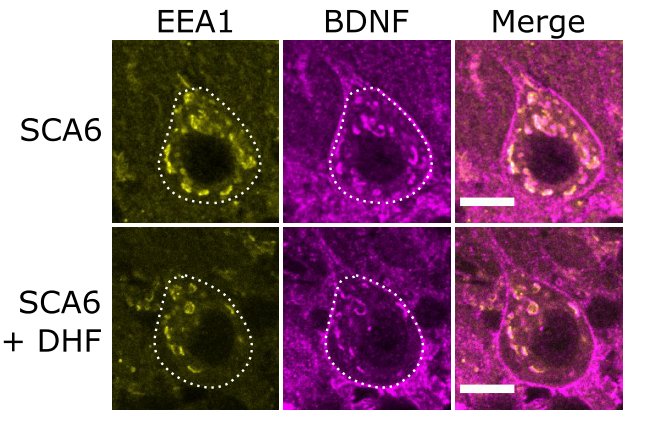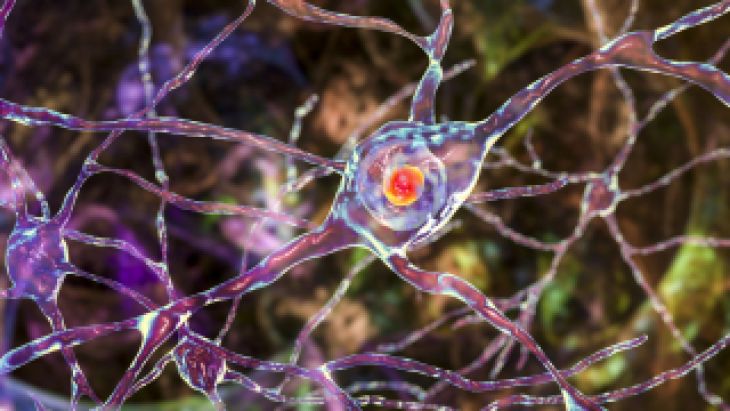Researchers from McGill University, led by Professor Alanna Watt of the Department of Biology, have identified previously unknown changes in brain cells affected by a neurological disease. Their research, published in eLife, could pave the way to future treatments for the disease.
Spinocerebellar ataxia type 6, known as SCA6, is a rare neurological disease that disrupts the function in a part of the brain called the cerebellum, causing difficulties with movement and coordination. The condition results from genetic mutations, with symptoms starting in adulthood and worsening over time, and currently has no cure.
While scientists have long known that SCA6 is characterized by changes in the cerebellum, the part of the brain that regulates motor movement and balance, the precise mechanisms of these changes and how they might contribute to the onset and progression of SCA6 are not fully understood.
The study looked at mouse models for SCA6, mice that were genetically modified with the same mutations as human SCA6 patients, and which exhibited movement problems consistent with the disease. Tissue samples from the SCA mice revealed striking and never-before-observed abnormalities in their cells’ endosomal systems.
“Cells are busy places, with lots of things going on, and it is therefore crucial for cells to transport proteins and molecules to the right place at the right time,” explained Anna Cook, a former McGill PhD researcher who is the first author of the study. “But in SCA6 this system goes wrong. Just like cars can get stuck in traffic, proteins and molecules can get held up in the transport machinery within certain cells.”

To see if the endosomal deficits could be corrected, the researchers tested a drug called 7,8-DHF and found that the compound corrected for the cellular abnormalities, enabling the misplaced proteins to get to where they needed to go. “This drug is effectively acting as a traffic cop,” Watt said. “It gets the traffic moving again, allowing key signaling molecules to get to the cellular locations where they are needed to work.”
“Since there is currently no cure for SCA6, new information about the pathological changes in the disease is vital to help develop new drugs and treatments,” Cook said. “This preclinical research is exciting not only because it sheds light on some of the fundamental mechanisms of this disease, but also because it points to an aspect of the disease that we have shown can be targeted therapeutically.”
The Watt lab continues to build on this work to identify disease mechanisms and potential treatments for SCA6 and other cerebellar diseases. Anna Cook is now a postdoctoral researcher at the University of Oxford, studying dopamine signaling in healthy and disease-affected brains.
About the study
Endosomal dysfunction contributes to cerebellar deficits in spinocerebellar ataxia type 6 was published in eLife.







